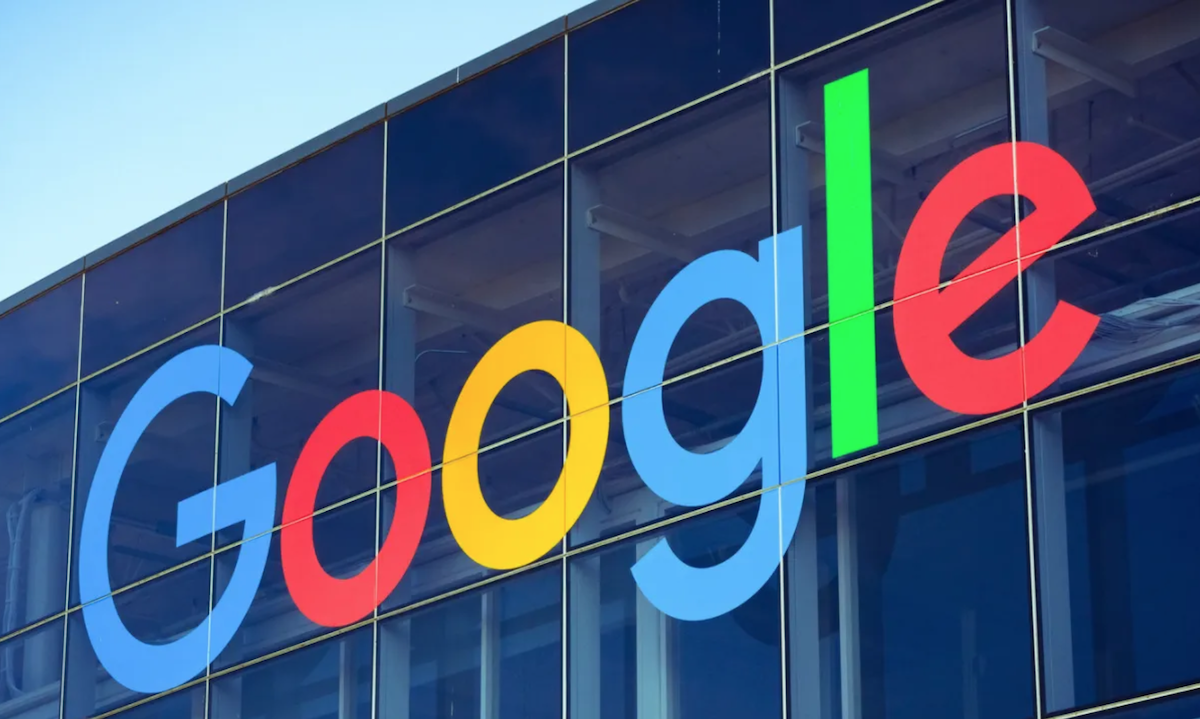Google Knew Publishers Would Resist Ad Sales Changes, According to Internal Documents in Antitrust Trial

Google anticipated strong opposition from publishers when it implemented changes in 2019 aimed at preventing them from redirecting ad sales to competitors, internal documents revealed during the company’s ongoing antitrust trial, per Reuters. These documents are central to the U.S. Department of Justice’s (DOJ) case against the tech giant, which seeks to prove that Google unfairly dominated the online advertising market.
At the heart of the case is Google’s decision to remove a feature that allowed publishers to reduce their reliance on the company’s ad services. The DOJ presented emails and internal discussions from Google that showed the company was aware publishers were using this feature to divert ad sales to rival exchanges, leading to a loss of revenue for Google. Publishers would often set a higher minimum bid for Google’s AdX than for other ad exchanges, which allowed them to sell more ads through competitors.
According to Reuters, the documents revealed that publishers were willing to accept smaller returns from some ad sales in exchange for working with other ad tech companies, particularly those that charged lower fees than Google. “It helps them to keep Google at bay and put pressure on us,” a Google executive noted in an internal email from 2017.
Read more: Google Exec Admitted Firm’s Goal Was to “Crush” Digital Ad Rivals, According to Court Docs
When Google prepared to eliminate this feature in 2019, employees debated how to manage the expected backlash. Nitish Korula, a research scientist at Google at the time, warned that rolling out the change in isolation would be perceived as a “pure loss of functionality” benefiting Google at the expense of publishers. To make the move more palatable, Google introduced the change alongside other updates, including the termination of its controversial “last look” policy, which had allowed its ad tools to outbid competitors by seeing the final bid before placing their own.
Per Reuters, Google argued that the changes were intended to streamline and improve the system, with former Google employee Rahul Srinivasan testifying that the top 500 publishers saw a median revenue increase of 2.7% in ad auctions as a result. However, publishers, including major media companies such as The New York Times and News Corp, strongly objected to the changes. Recordings played in court from a 2019 meeting demonstrated the frustration from publishing executives, who felt Google had stripped them of control over ad sales.
Jana Meron, a former advertising executive at Business Insider, expressed the industry’s concerns during the meeting, saying, “You have made it next to impossible for any of us to figure out how to increase our yield with partners outside of Google,” according to the recordings played in court.
Source: Reuters
Featured News
Big Tech Braces for Potential Changes Under a Second Trump Presidency
Nov 6, 2024 by
CPI
Trump’s Potential Shift in US Antitrust Policy Raises Questions for Big Tech and Mergers
Nov 6, 2024 by
CPI
EU Set to Fine Apple in First Major Enforcement of Digital Markets Act
Nov 5, 2024 by
CPI
Six Indicted in Federal Bid-Rigging Schemes Involving Government IT Contracts
Nov 5, 2024 by
CPI
Ireland Secures First €3 Billion Apple Tax Payment, Boosting Exchequer Funds
Nov 5, 2024 by
CPI
Antitrust Mix by CPI
Antitrust Chronicle® – Remedies Revisited
Oct 30, 2024 by
CPI
Fixing the Fix: Updating Policy on Merger Remedies
Oct 30, 2024 by
CPI
Methodology Matters: The 2017 FTC Remedies Study
Oct 30, 2024 by
CPI
U.S. v. AT&T: Five Lessons for Vertical Merger Enforcement
Oct 30, 2024 by
CPI
The Search for Antitrust Remedies in Tech Leads Beyond Antitrust
Oct 30, 2024 by
CPI